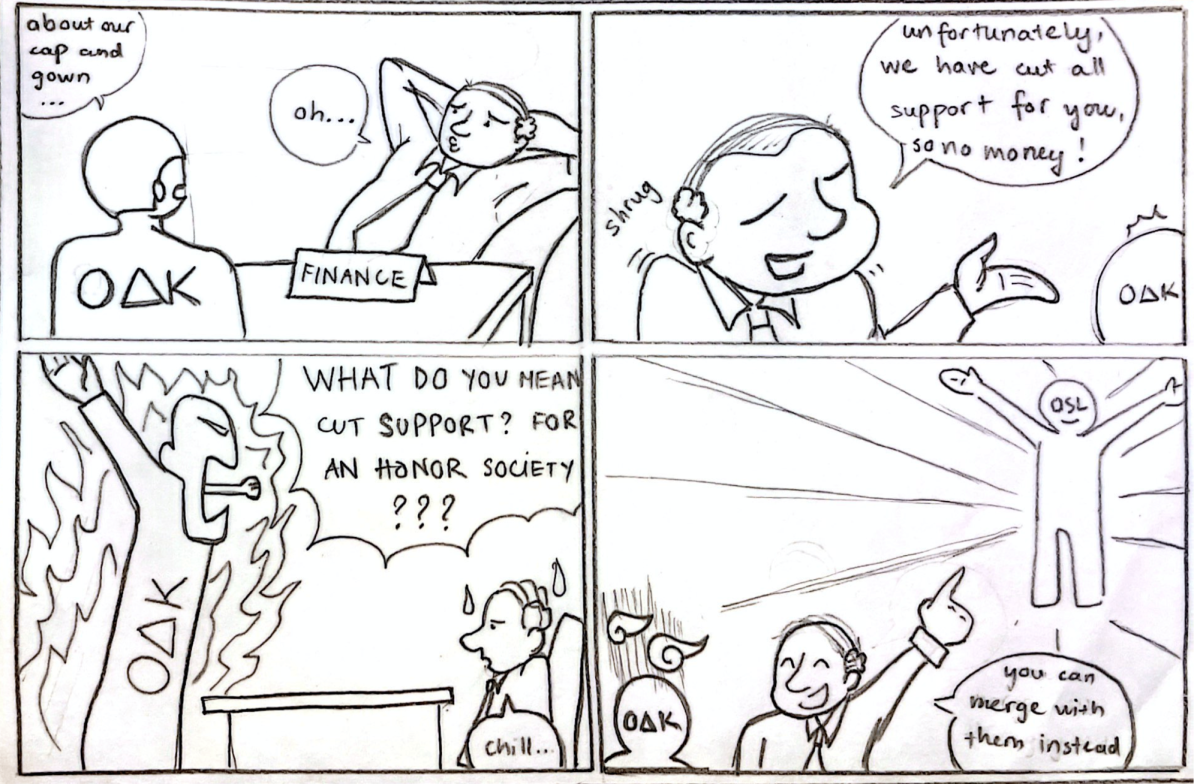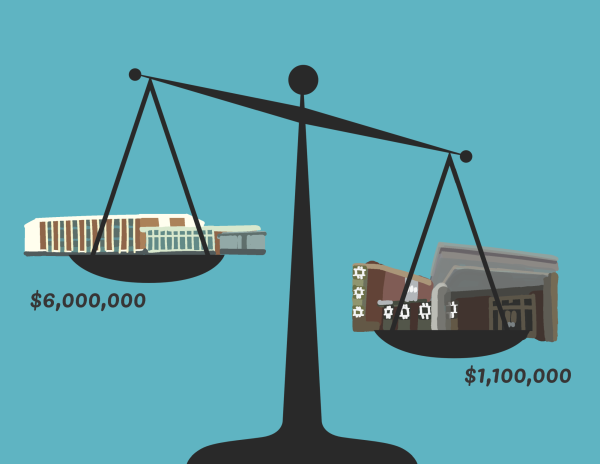Super duper unleaded gas duping us into ruining our cars
December 10, 2022
It’s a common practice for Augustana students with cars to cross the river into Iowa for cheaper gas. With the implementation of Iowa’s environmentally friendly, “Super Duper Unleaded” (E15) ethanol-based gas, this will become even more frequent.
However, it might not be optimal for students to get this gas despite environmental benefits and a cheaper price.
Recently introduced to gas stations in Davenport, the gas is an average of 30 cents cheaper. But why does it cost so much less than the statewide gas average?
The key to a lower price is because of its cost for individual car owners. Ethanol, even in combination with gasoline, can be detrimental to cars because it is corrosive and inefficient. Considering these risks, the question of the compromise of individual welfare because of E15’s environmental and economic benefits is raised.
The primary difference between regular unleaded, super unleaded, and super duper unleaded (E15) is the percentage of ethanol in the gasoline. In the ratio, more ethanol lowers the amount of gas, arguably making it more environmentally friendly and cheaper to produce in states like Iowa, Kansas and Nebraska — which are home to the agriculture key in ethanol production.
Ethanol is a biofuel, compared to typical gasoline, a fossil fuel. Biofuel is a form of fuel derived from something living and is considered easily accessible and renewable energy. Regular gasoline, fossil fuel, is the product of nonrenewable, slow natural processes.
When comparing the two, there is a clear winner in terms of environmental benefits: biofuel. E15 gas is more sustainable because it’s 15% ethanol and 85% gasoline, which incorporates biofuel and fossil.
In 2011, the Environmental Protection Agency approved using E15 in standard cars manufactured in 2001 or newer. Despite this, they did not make the distribution of E15 gasoline a mandate since stations have the option to provide the fuel but it is not a requirement.
The US Department of Energy states, “Stations are not required to sell E15, but some have started offering E15 due to state and federal incentives for upgrading equipment and better profit margins when compared with regular gasoline.”
With this in mind, the support of the Iowa Corn Growers Association becomes clear, as the ethanol produced in the gas can originate from corn. This link provides environmental and profit incentives for farmers in Iowa, Nebraska and Kansas.
But what about the individual incentive? Sure, it is cheaper and more environmentally friendly, but is it car-friendly?
After all, a fuel containing ethanol is sustainable in terms of the environment — but the vast majority of sources fail to mention that it compromises our car sustainability.
The Iowa Corn Association totes the environmental advantages of E15 but neglects to mention the potential ramifications of using the fuel. These include lower gas mileage and premature engine damage, two things that can prove costly for everyone, not to mention college students already strapped for cash.
Ethanol provides cars with less energy than its competition, meaning that gas containing ethanol would be somewhat diluted. The result would be that fuel containing ethanol in conjunction with gas would lessen its efficiency and decrease the miles it covers.
As for the engine, ethanol is alcohol. Over time, it will corrode the insides of a vehicle, even when combined with regular gasoline. To clarify, the combination of ethanol and gasoline does not prevent corrosion but puts it off, demonstrating that ethanol is far from an ideal fuel additive.
Regarding E15 gas, environmental and economic advantages overshadow individual concerns. The good qualities of the fuel and its benefits are of greater importance and more easily achievable.
The preference of the economy and environment does not negate the fact that this super duper unleaded fuel is bad for cars and car owners. The fuel will only cause people to go through cars quicker, which is not only detrimental for the environment, but also their wallets.
Instead, it raises questions about where we, as individuals, stand and if we are settling for a fossil fuel alternative that creates more problems than it solves for the environment.












































































































